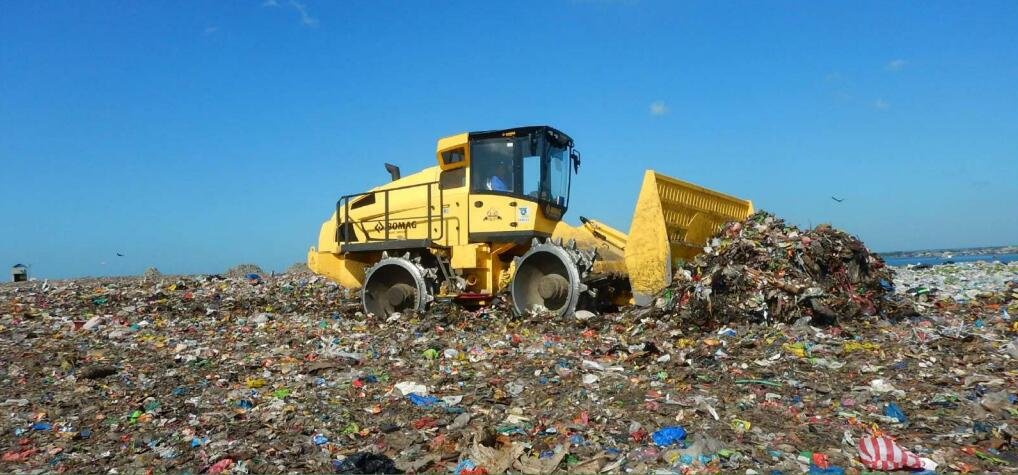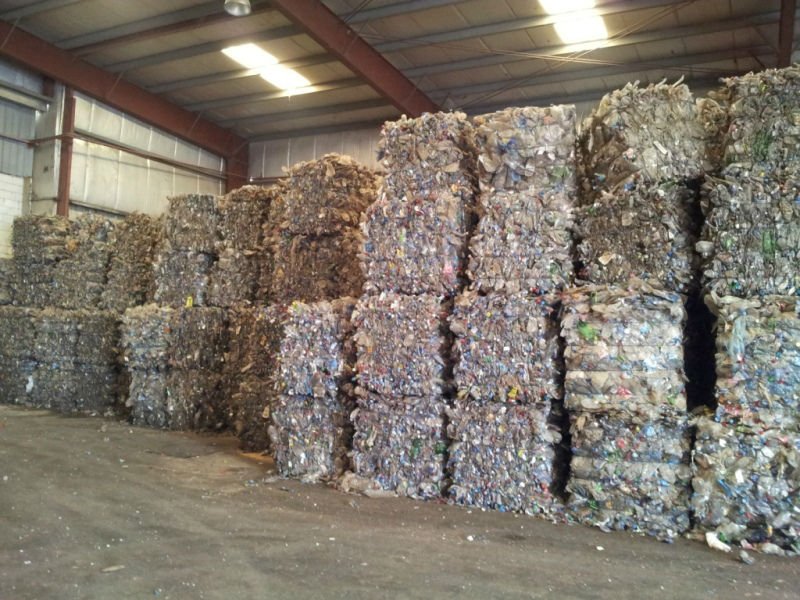In a world where sustainability and resource conservation are of paramount importance, finding innovative ways to manage waste is crucial. Landfills, historically viewed as the final destination for waste materials, are now being reimagined as potential sources of valuable resources. One such resource is Refuse-Derived Fuel (RDF), and GEP ECOTECH is at the forefront of transforming landfill waste into a sustainable energy source.

The Challenge of Landfill Waste
Landfills have long been associated with environmental concerns, from methane emissions to soil and water contamination. As waste piles up in these sites, there is an urgent need to not only minimize the environmental impact but also harness the untapped potential within these waste heaps. This is where RDF comes into play.
What is RDF?
Refuse-Derived Fuel (RDF) is a sustainable energy source produced from the combustion of non-recyclable waste materials. These materials, typically found in landfills, include plastics, paper, cardboard, textiles, and more. Instead of letting these materials sit in landfills for years, RDF allows us to extract value from them by converting them into a valuable fuel source.

GEP ECOTECH's Innovative Approach
GEP ECOTECH, a leader in waste management and recycling solutions, has developed cutting-edge technology to transform landfill waste into RDF efficiently. Their approach involves advanced shredding and sorting processes to extract suitable materials from landfills, which are then converted into RDF pellets. Here's how it works:
Shredding and Sorting
GEP ECOTECH's industrial shredding systems are designed to efficiently process mixed waste materials found in landfills. These powerful shredders reduce the size of waste materials, making them suitable for further processing.
Material Recovery
The sorted waste materials are carefully screened and processed to recover valuable components that can be used for RDF production. This step ensures that only suitable materials are selected for the next phase.
RDF Pellet Production(Optional)
The recovered waste materials are transformed into RDF pellets using specialized machinery. These pellets have a high energy content and are a clean-burning fuel source suitable for a variety of industrial applications.
The Benefits of RDF from Landfill Waste
Utilizing landfill waste to produce RDF offers several significant advantages:
- Resource Conservation: Instead of burying valuable materials in landfills, RDF production allows for the recovery of resources that can be used as an energy source.
- Reduced Environmental Impact: By diverting waste from landfills and converting it into RDF, GEP ECOTECH contributes to reducing methane emissions and soil contamination associated with traditional landfill disposal.
- Clean Energy: RDF pellets are a clean and efficient energy source that can be used in cement kilns, power generation, and other industrial processes, reducing reliance on fossil fuels.
- Sustainable Waste Management: GEP ECOTECH's approach aligns with sustainable waste management practices, promoting the circular economy and reducing the strain on natural resources.
Landfill waste is no longer just a problem; it's an opportunity. GEP ECOTECH's innovative approach to RDF production from landfill waste demonstrates how sustainable practices can turn environmental challenges into valuable resources. By choosing RDF from landfill waste, we are not only addressing waste management issues but also contributing to a greener and more sustainable future.

